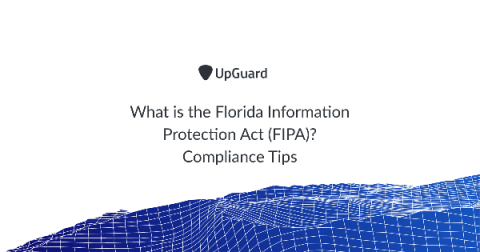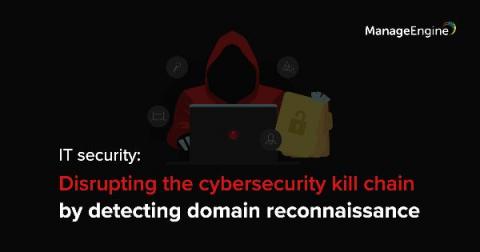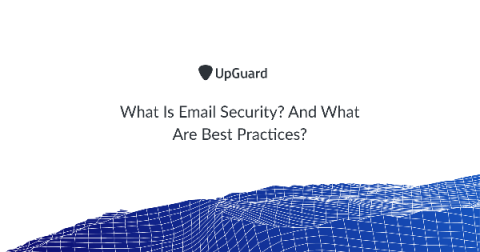Why should you use correlation rules on top of traditional signatures?
The AT&T Cybersecurity Alien Labs team is in charge of writing correlation rules and releasing threat intelligence updates on a day-to-day basis. When researchers in the team find new malware families or threats, we always try to find the best approach to keep our customers protected. In this blog, we will look into some of the differences between signatures and correlation rules.










